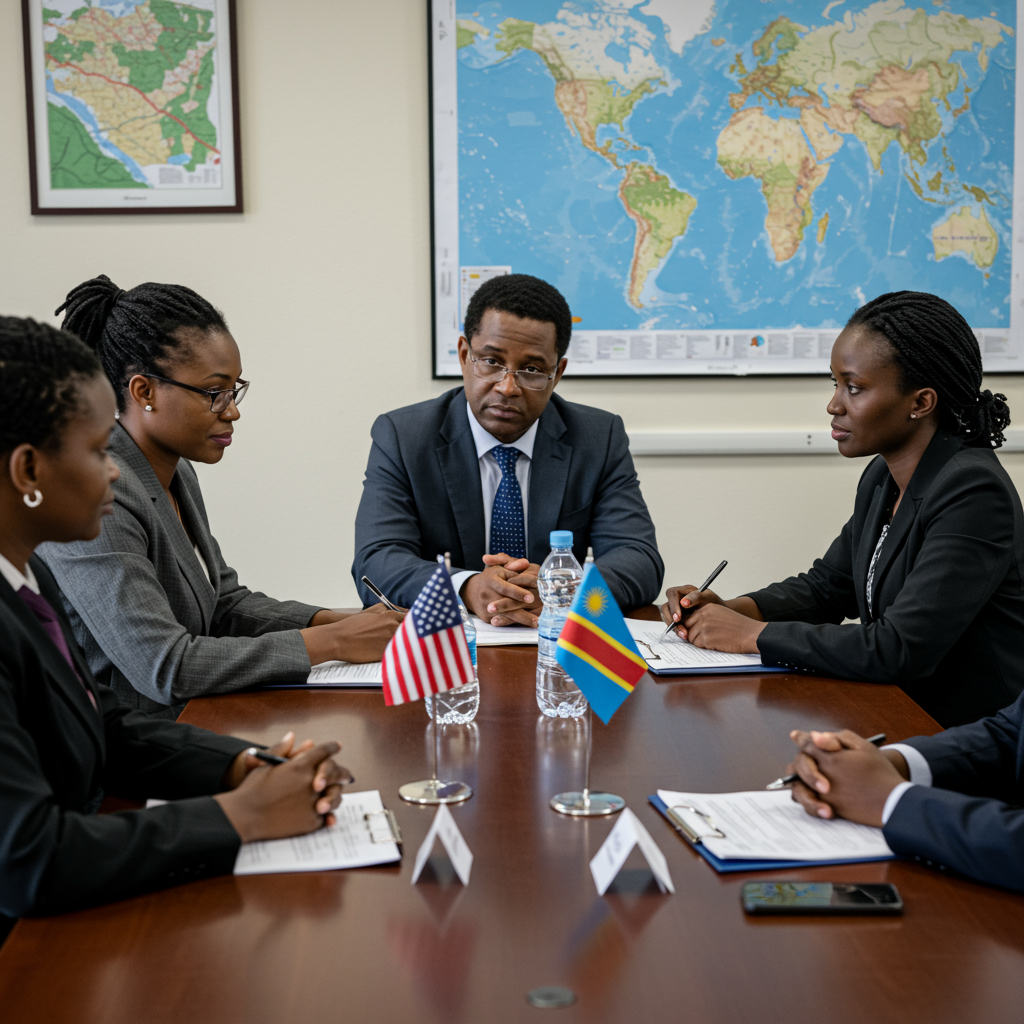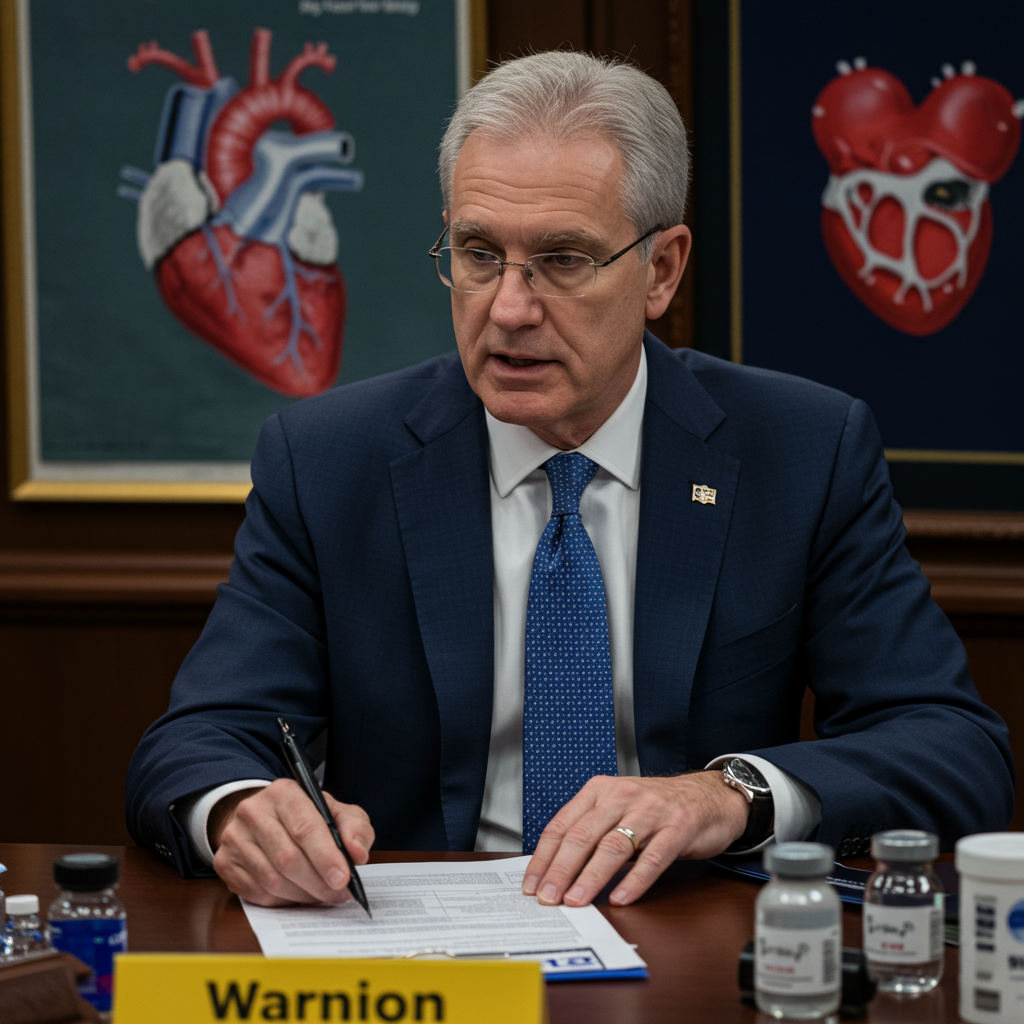For years, the conflict between the Democratic Republic of Congo (DRC) and Rwanda, often playing out through proxy groups like the M23 rebellion in eastern Congo, has felt like one of Africa’s intractable “forever wars.” This phase of the conflict, active for over three and a half deadly years, has pitted the Rwandan-supported M23 rebels against the Congolese government and its allies, resulting in thousands killed and millions displaced.
The idea of achieving a decisive victory or a swift, lasting peace in such conflicts often proves elusive, echoing broader global patterns where military strategies fail to deliver quick wins, and wars become protracted struggles lacking clear endings. These modern conflicts, especially those involving non-state actors and operating within populations, tend to have “blurred edges” and resilience that defies conventional approaches. For the DRC and Rwanda, the deep historical roots, complex internal power dynamics, and the involvement of numerous armed factions have long presented significant hurdles to stability.
A History of Failed Peace Efforts
Previous attempts at mediation have faltered. East African Community (EAC) talks in 2022 broke down partly because Kinshasa refused direct negotiations with the M23. A regional approach led by Angola collapsed in late 2024 when Rwandan President Paul Kagame reportedly withdrew from a signing ceremony and subsequently backed a new M23 offensive. Rwanda publicly denies supporting the M23 but cites the need to protect persecuted Congolese Tutsi and counter the FDLR (Democratic Forces for the Liberation of Rwanda), a group linked to the 1994 genocide. However, evidence, including consistent UN reports, points to Rwanda’s significant material benefits from Congo’s instability, particularly through mineral smuggling like gold and coltan. Rwanda’s reported gold exports saw a dramatic increase from $344 million in 2021 to $1.5 billion in 2024, highlighting a strong economic incentive tied to the unrest.
Despite past failures and perceived shifts in international engagement, a new diplomatic push involving the United States and Qatar offers a glimmer of hope. While initial U.S. policy lacked senior appointments for Africa, dedicated career diplomats maintained pressure. This included sanctions against a Kagame ally in early 2025. When Angolan-led talks stalled, Qatar leveraged its substantial investments in Rwanda to facilitate a face-to-face meeting between Presidents Kagame and Félix Tshisekedi of Congo. Qatar has since hosted Congo-M23 meetings, while Washington has focused on mediating between Congo and Rwanda. A pivotal moment came with the appointment of Massad Boulos as a senior advisor for Africa, who elevated the conflict’s profile within the U.S. administration.
The Emerging US Plan: A Transactional Approach?
These efforts culminated in a Declaration of Principles signed in Washington on April 25, creating a framework for both nations to cease support for armed groups and respect sovereignty. Although initial proposals from Kinshasa and Kigali were far apart, the U.S. began shaping its own comprehensive plan. This potential solution involves:
Rwanda: Complete withdrawal of troops from Congolese territory.
M23: Withdrawal to a designated small area, followed by a transition to a legitimate political party, and either integration into the Congolese army or demobilization.
- Congo: Facilitating the M23’s transition and collaborating with Rwanda to counter the FDLR.
- www.foreignaffairs.com
- www.foreignaffairs.com
- www.thetimes.com
- www.foreignaffairs.com
- www.thebulwark.com
A defining characteristic of this U.S. strategy is its emphasis on economic interests. Reflecting a broader shift in U.S. foreign policy sometimes likened to that of a “petrostate” due to its energy independence, the Trump administration sees potential material returns. The vast reserves of critical minerals in Congo (like cobalt, tantalum, and niobium), currently dominated by Chinese companies, are a key focus. The proposed deal could include U.S. investments in mines within M23-held areas, potentially with mineral processing in Rwanda. This aligns with a transactional “America first” policy seeking economic benefits while countering Chinese influence, offering a tangible incentive for both Congo and Rwanda.
Beyond Incentives: Applying Pressure
Alongside economic carrots, the U.S. is utilizing diplomatic “sticks.” Pressure from the U.S. and European Union contributed to halting the M23’s northwestern advance earlier in the year. Potential pressure points include further U.S. sanctions, possibly targeting entities like Rwanda’s state-owned Gasabo Gold refinery. Washington could also urge the UN Security Council to review Rwanda’s participation in lucrative peacekeeping missions or leverage influence at the World Bank, Rwanda’s largest donor, potentially suspending aid as seen in 2012. Other tools include enhanced travel advisories and discouraging endorsements of the Rwandan government brand. Critically, the EU and UK have also increased their criticism and imposed recent sanctions, adding multilateral weight to the pressure.
The Long Road to Lasting Peace
While a Congo-Rwanda deal is crucial, resolving this complex crisis requires addressing far deeper issues. Eastern Congo is home to around 100 other armed groups, fueled by corruption, economic inequality, land disputes, and the stigmatization of Congolese Tutsi communities whose grievances M23 claims to represent. A durable peace necessitates a much broader process, ideally facilitated by institutions like the UN and African Union.
This comprehensive approach must include robust cease-fire monitoring, disarmament, demobilization, and reintegration (DDR) programs, transitional justice mechanisms, land reform, genuine efforts to address Tutsi grievances, security sector reform in the DRC, decisive action against the FDLR, and safe refugee return. Regional economic integration through joint projects, like the envisioned Ruzizi hydroelectric dam, and revitalizing regional institutions could give neighboring states a vital stake in each other’s stability.
The conflict in eastern Congo is solvable, and the current U.S.-led diplomatic push represents a significant opportunity. However, success hinges not only on brokering a core deal between Congo and Rwanda but also on embracing broader multilateral cooperation to ensure a comprehensive, long-term peace that addresses the multitude of underlying causes of instability in this long-troubled region.




